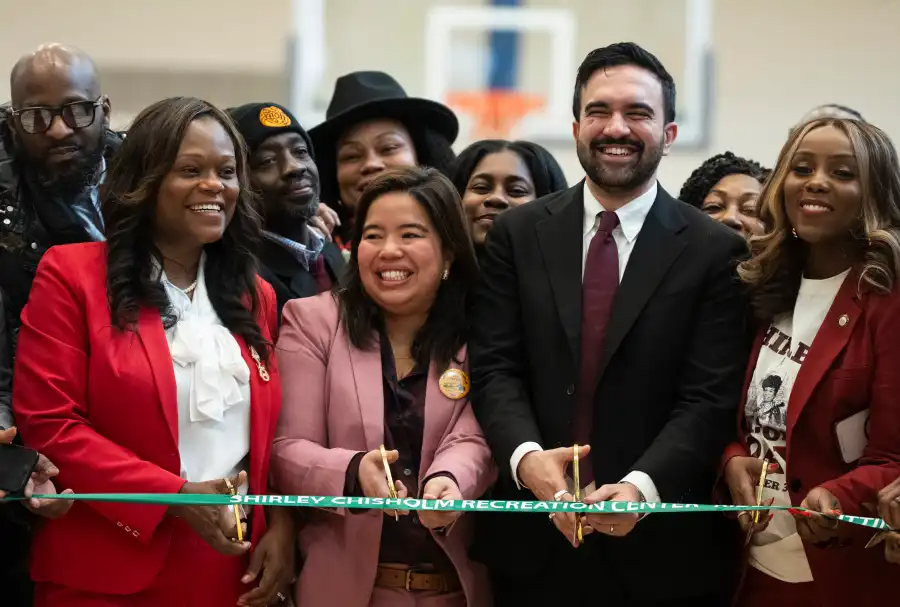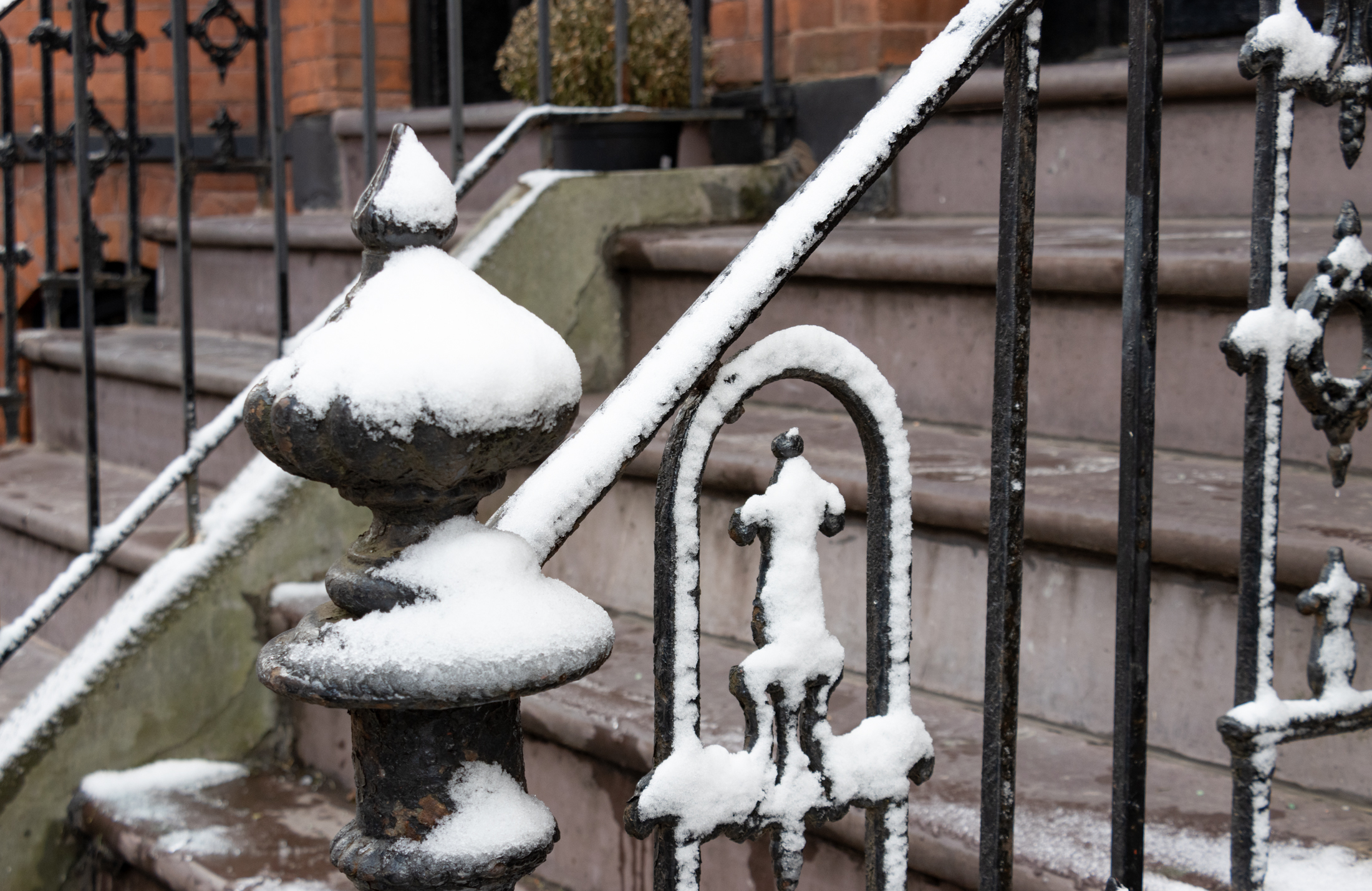Co-op of the Day: 111 Hicks Street
At first glance, we were wondering what a 1,320-square-foot apartment in Brooklyn Heights was doing on the market for only $625,000. Then we notice the monthly maintenance of $1,975 and it all made sense. Other than that, there are high ceilings, big windows and new appliances in the plus column and a low floor in…



At first glance, we were wondering what a 1,320-square-foot apartment in Brooklyn Heights was doing on the market for only $625,000. Then we notice the monthly maintenance of $1,975 and it all made sense. Other than that, there are high ceilings, big windows and new appliances in the plus column and a low floor in the minus column. The building also has the added benefit of housing the Eastern Athletic Club and possessing a killer views from the common roofdeck. Anyone know why the maintenance is so bad in this building?
111 Hicks Street [Corcoran] GMAP





1:25: The kitchen looks beautiful in the picture, but in real life it is run down. The back splash is coming off the wall, there are gaps between the cabinets and the wall. Yes the appliances are nice, but the cabinets are NOT nice.
i personally enjoy living in a co-op and knowing that there are certain restrictions set in place to keep the building as we see fit and on the up and up. it certainly creates for much more of a neighborly building when there are lots of owners vs. the constant stream of renters in a condo.
there are big advantages to co-ops as long as you are in a financially stable one.
our mortgage is paid and we all work to improve the building and live together in harmony.
you call it yesteryear, i call it civilized and dare i say even futuristic.
to each his/her own.
here are yet more obvious reasons why co-ops are undesirable and devoid of versatility.
(underlying mortgage still too high because of bad decisions by board, no subletting allowed beyond two years.)
condo maintenance would be much lower and obviously more stable; owners could be transferred by job and rent out the NYC apartment as long as they wanted until RE market was once again strong.
the maintenance fee is the huge factor here in the seemingly low asking price. co-ops just seem so “yesteryear.”
I think what 12:59 was referring to was a period during the downturn in the NYC real estate market in the early 90’s which lasted a few years. The recession killed the real estate market in NYC and there are many scenarios where people lost equity and had coop imposed restrictions on subletting. Buying a coop is buying into the rules of the coop and having restrictions on subletting really limits your flexibility during a market downturn. That maintenance is crazy though and you wonder about what kind of decision maker the board there is to negotiate that kind of mortgage with prepayment penalties which prevented them from enjoying the dramatic lowering of interest rates. There are small brownstone coops in the area where you can get much greater value, in my opinion.
how is that kitchen “rundown”?
while that may be true 12:59 we are not at a time in nyc’s history where people feel the need to leave the city in droves. a special circumstance of a very small minority of people does not a bust in the real estate market make.
while i understand your point and agree that it’s not all bubbles in the real estate market, my gf sold her studio in the slope recently after purchasing it only 6 months ago, needing to relocate to philly and sold it for 60K more than she paid for it over the summer.
not bad investment considering how many people says the market is busting at the seams.
Thanks zeebee, that link was helpful. Now I remember that there is a very high interest rate on the underlying mortgage, which they couldn’t refinance because of huge pre-payment penalties. Sounds like they are going to have to re-finance again next year, and I wonder if maintenance will increase even higher, or if a lower interest rate will help reduce it.
By the way, those of you who think the real estate bubble will never bust — I had friends who bought a very nice 1-bedroom with a great view in this building in 1988 or so. A few years later they had to move due to a job transfer and sublet the apt. This building had very strict sublet policies and after 2 years, they could no longer do so. But at that point, they could not sell the apt since it was now worth less than they owed on the mortgage and they didn’t want to take the loss.
Since they lived out of town, they had to keep paying mortgage and maintenance each month for years, and eventually sold in late ’90s when prices finally rose. Of course, had they held on even longer, they could have made lots of money, but at that point they were just glad to get rid of it. So the bubble is fine, as long as you can keep living in your home. If some unknown situation forces you to have to move away, it can be a big problem. That’s when banks started to foreclose on apartments in co ops like this, when people just walked away from apartments.
Not the case with this apartment, but many of the 2-4BR units in the building are two apartments combined, which inflates the maintenance even further.
The St. George’s website talks about the maintenance (without getting into too many hard numbers, of course): http://www.111hicksstreet.com/building/development_finance.php4
I used to live around the corner from this building, so I am familiar with it and its high maintenance. Sure it is a full service building, but the only reason for that size maintenance is a huge underlying mortgage on the building — without seeing the financials. They have service, but not that much.